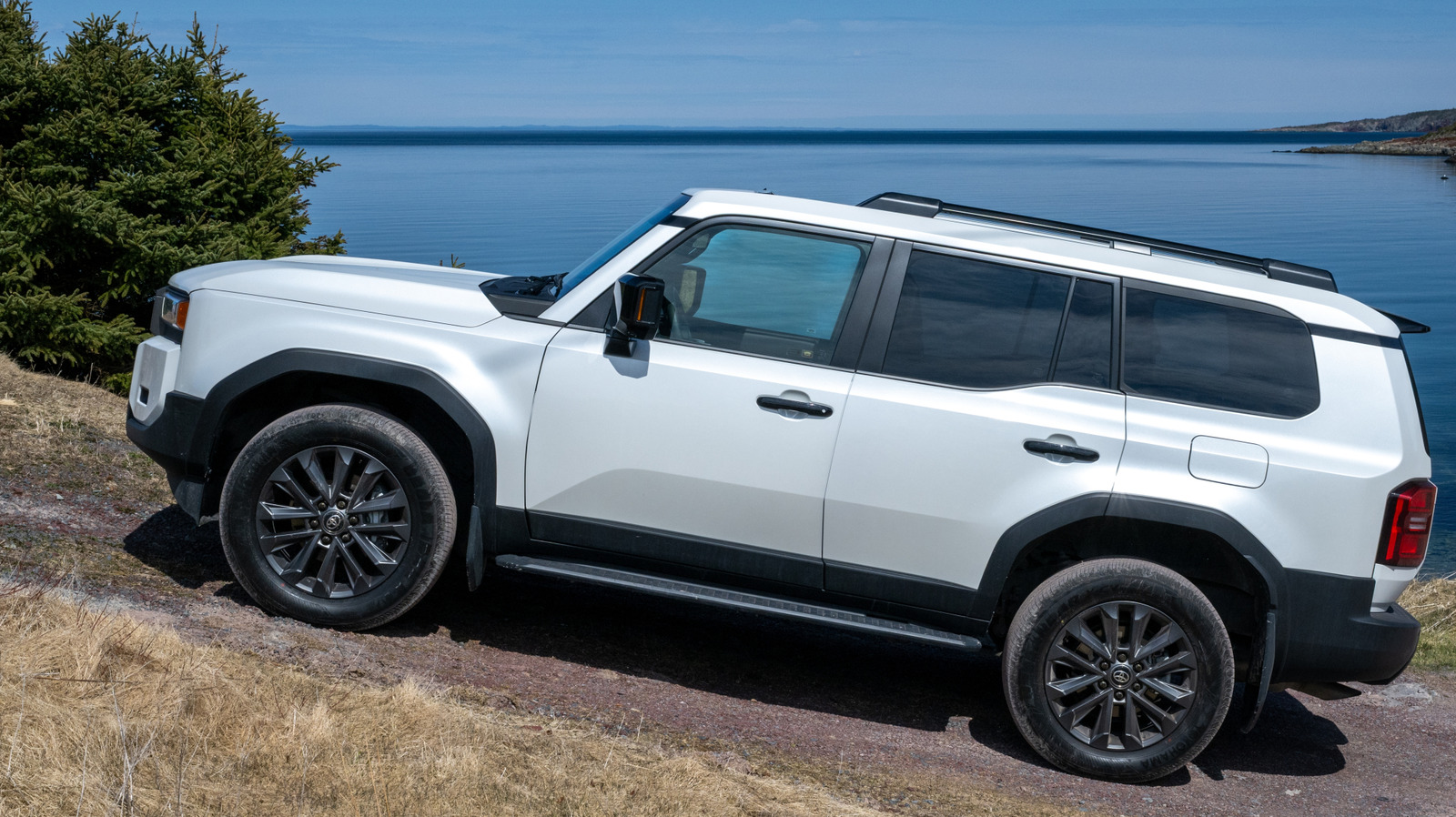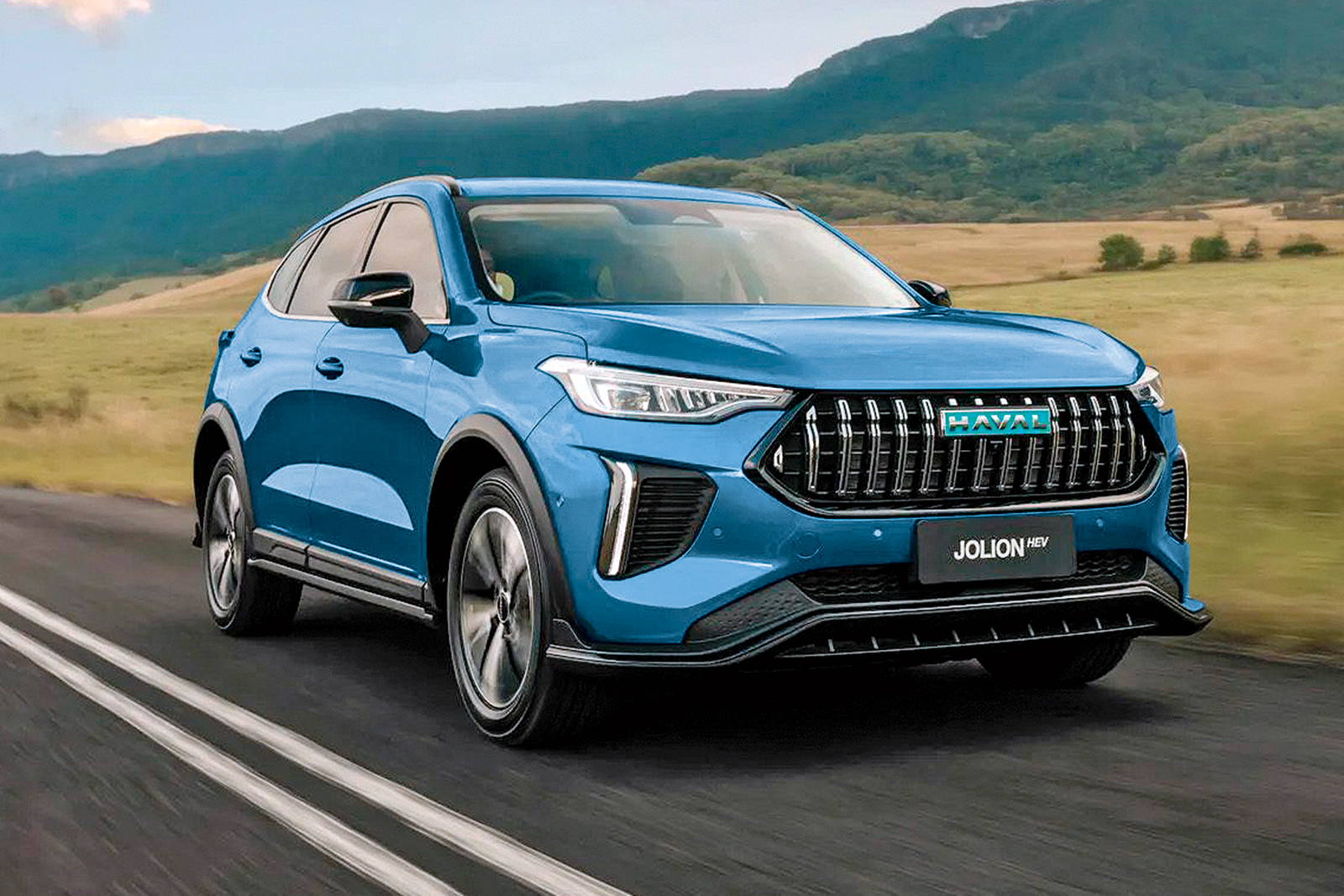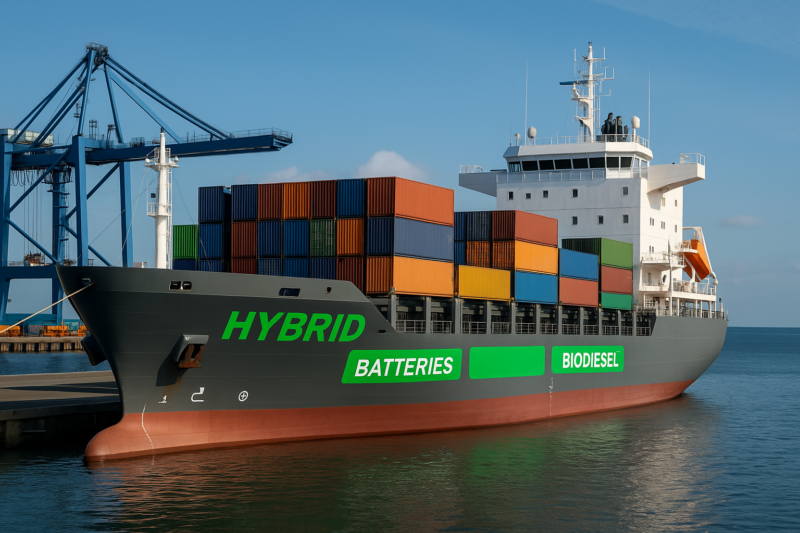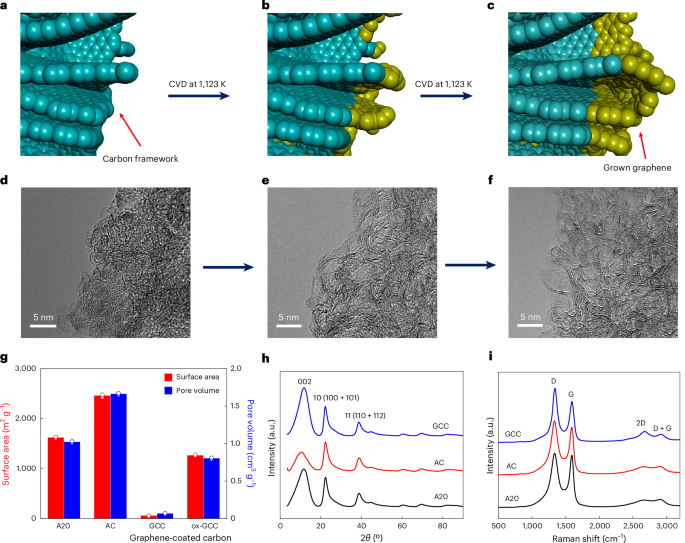RXO Q2 2025 truckload market forecast: Inflation continues but at slower pace
RXO recently released its Q2 Truckload Market Forecast, which found that despite economic turmoil, the U.S. truckload space remained relatively calm according to shippers’ KPIs. The post RXO Q2 2025 truckload market forecast: Inflation continues but at slower pace appeared first on FreightWaves.



RXO recently released its Q2 Truckload Market Forecast, which found that despite economic turmoil, the U.S. truckload space remained relatively calm according to shippers’ KPIs. RXO’s Curve forecast reported a 9.1% year-over-year increase in spot rates, a slight drop from the 11.6% growth in Q4 2024. Notably, contract rates grew for the first time since late 2022.
FreightWaves’ Todd Maiden writes, “A trend – largely in place since 2023 – of soft freight demand, reductions in carrier capacity and stable rates continued in the first quarter.”
“We’re as close to equilibrium, in terms of carrier supply and shipper demand, as we’ve been in over two years,” the update said. “Relatively speaking, the capacity situation is much more fragile than at this time last year. With a continued difficult landscape for carriers, and (in many cases) decreasing 2025 contract rates setting in, it could set the stage for volatility later in 2025.”
Shippers enjoyed a favorable environment in Q1 with high tender acceptance rates and accessible capacity, despite carriers’ grappling with higher costs. According to Corey Klujsza, vice president of pricing and procurement at RXO, the market remained stable throughout the quarter, in line with seasonal expectations.
An important Q1 development was the year-over-year growth in contract rates, marking a 1.4% rise from Q1 2024. Typically lagging behind spot rates, these contract rates have finally been lifted out of deflation.
RXO analysts argue that the recent drop in inflation does not herald the market’s peak. Historical patterns show temporary deviations in market cycles, and typical seasonal trends usually lead to rate retreats post-holidays. Additionally, with operating costs 34% higher than in 2014, significant rate drops remain unlikely.
Macroeconomic factors also played a role, with U.S. GDP contracting for the first time since Q1 2022, coupled with trade policy-induced volatility. Import volumes spiked 14.5% in Q1, as shippers preempted new tariffs, but they have begun to decline in Q2.
Looking ahead, Q2 is expected to bring typical seasonal volatility due to produce season and Memorial Day influences. However, significant rate increases remain unlikely without sustained higher demand. Supply constraints, particularly from carrier attrition, could cause future inflation.

California dreaming: Congress passes repeal of California’s clean-truck waivers

The U.S. Senate voted on Thursday to repeal a waiver granted to California by the Biden administration that required a large part of the trucking industry to achieve zero-carbon emissions by 2035.
FreightWaves’ John Gallagher writes: “The nullifications of California’s Advanced Clean Truck (ACT) and Low NOx Omnibus rules, accomplished through two Congressional Review Act resolutions, have already been adopted by the House of Representatives. They head to the White House where they are expected to be signed by President Donald Trump.”
For the American Trucking Associations, it was a big win. The ATA had argued in a letter to Congress in April that if the California ACT regulation were allowed to move forward, “Beginning with the 2024 model year, the Advanced Clean Trucks (ACT) regulation mandates that manufacturers progressively increase zero emission vehicle (ZEV) sales, aiming for 55% of Class 2b-3 vehicle sales, 75% of Class 4-8 vehicle sales, and 40% of Class 7-8 tractor sales to be ZEVs by the 2035 model year.”
In a rare moment of agreement, the Owner-Operator Independent Drivers Association lauded the move, saying, “For OOIDA members, vehicle reliability and affordability are critical. It’s no wonder small-business truckers have left the state in droves to find better opportunities elsewhere.”
This comes as some states are opting for a low-CARB diet, according to a recent article from Fleet Owner. Several states that originally voted to adopt California’s Advanced Clean Trucks EV sales mandate are now rolling back or pushing out the enforcement dates. CARB is the environmental regulator California Air Resources Board. Fleet Owner reports Maryland, Massachusetts, Vermont and Oregon pushed back their compliance timelines for ACT by a year or more. For model year 2025, New Jersey, New York and Washington are on track while Colorado, New Mexico and Rhode Island begin enforcement for model year 2027.
You’re halfway there! To read the rest of the Loaded and Rolling newsletter, subscribe below. It’ll be delivered to your inbox every Thursday at 2pm eastern.
Most recent episode
The post RXO Q2 2025 truckload market forecast: Inflation continues but at slower pace appeared first on FreightWaves.














































































































































